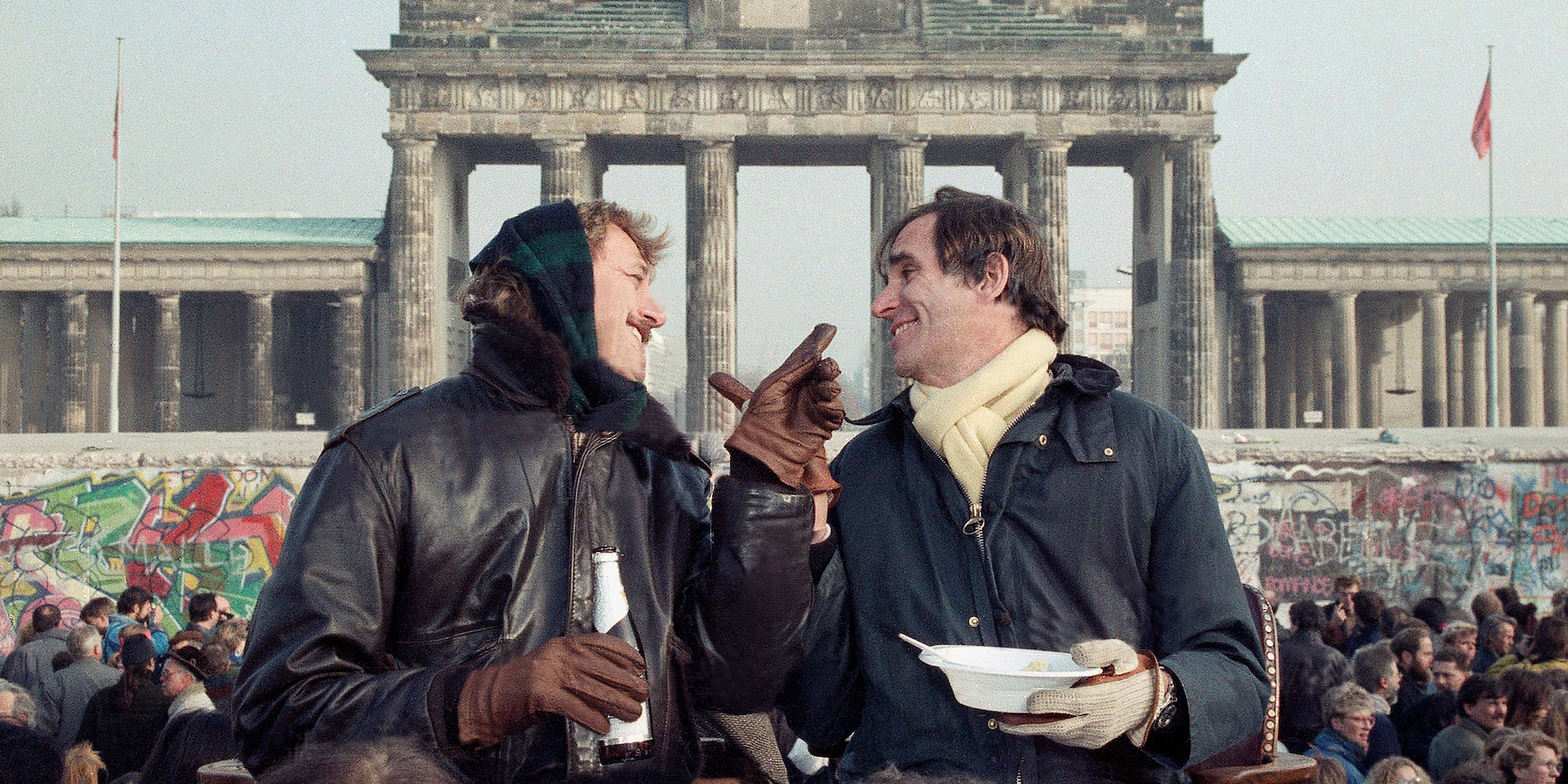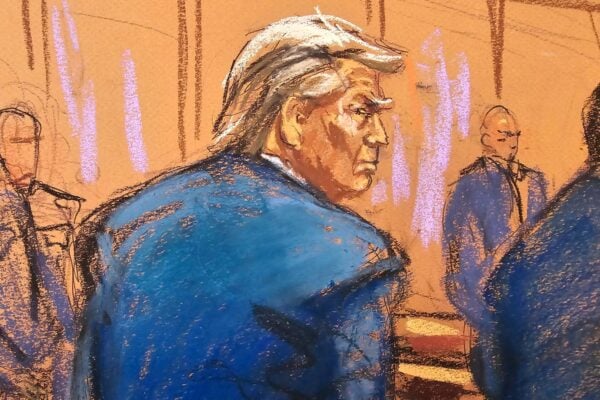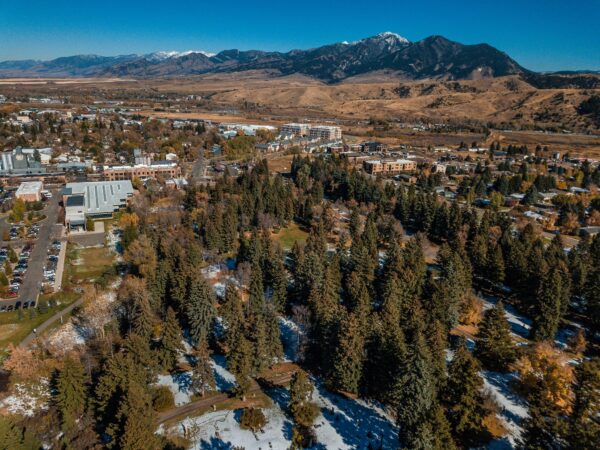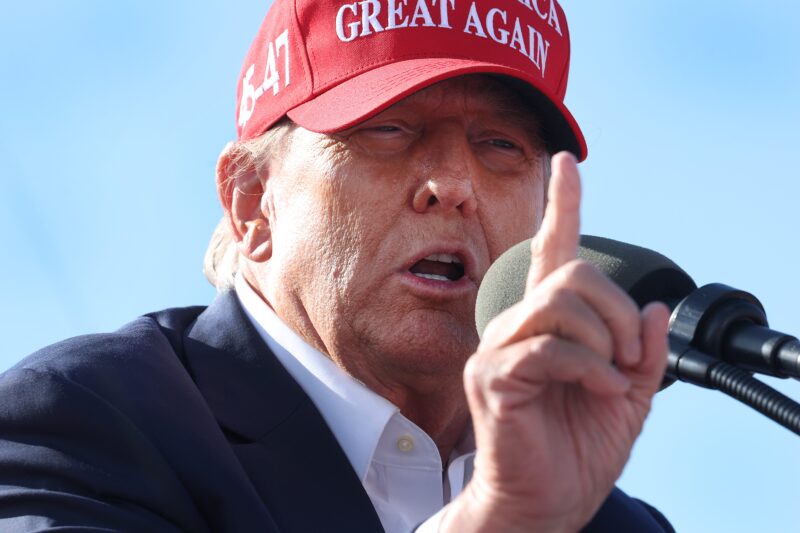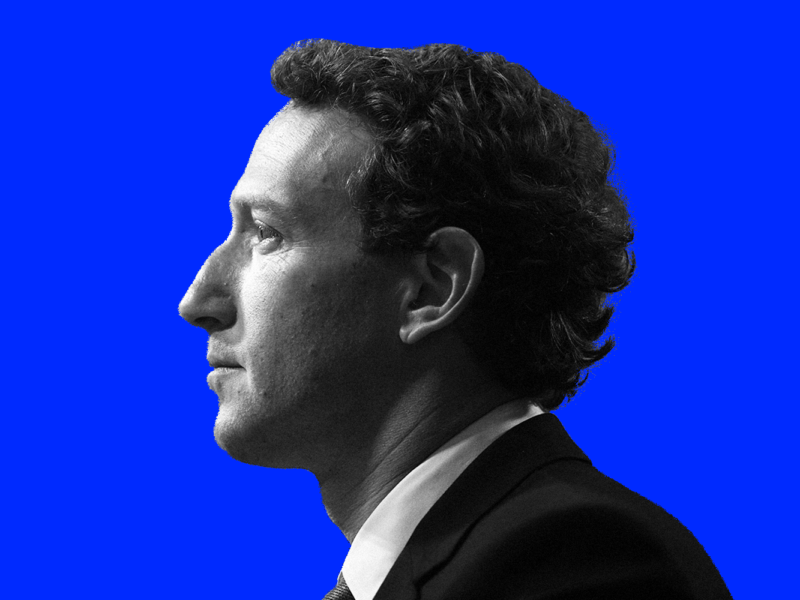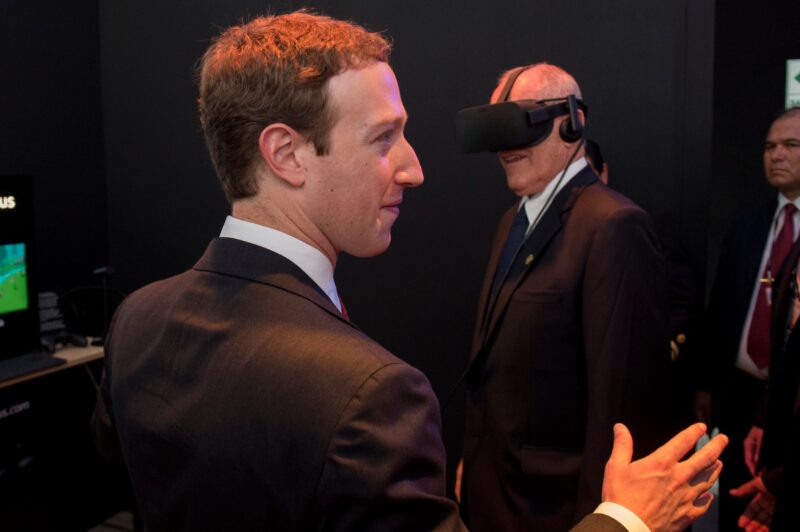- The Berlin Wall fell 30 years ago on November 9, 1989.
- Many areas where the wall once stood show no vestiges of it today.
- These photos show how the wall serves as an ever-present reminder of Berlin’s turbulent past, but also its triumphant recovery.
- Visit BusinessInsider.com for more stories.
The Berlin Wall divided the modern capital of Germany from August 3, 1961, until November 9, 1989 for a total of 10,316 days.
As of November 9, 2019, it has been 10,957 days since the wall fell.
A wave of revolutions swept across the Communist Bloc of Eastern Europe, and the wall came tumbling down, sparking the fall of the Soviet Union and the end of the Cold War in 1991.
As the world moves further and further away from the wall’s demolition, Berlin has reconnected and revitalized itself as a global capital.
Today, the wall's legacy is barely visible. But if you know where to look, the history of the wall lives on in Berlin's tree-lined streets.
Take a look at how the Berlin Wall looked then, and how the same places look today.
Although Berlin had been divided between East and West Germany since the end of World War II, the wall wasn't constructed until 1961. It was supposed to keep people from fleeing the communist East for the capitalist West.
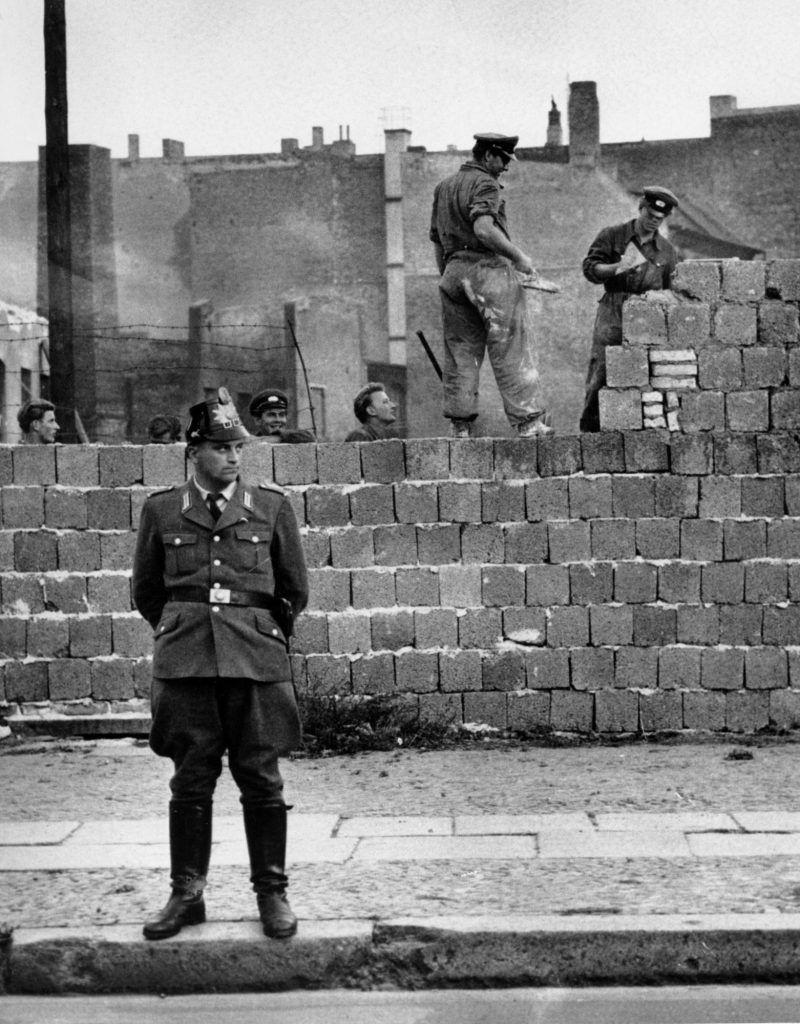
Source: History Channel
The Berlin Wall was actually two parallel walls, with a zone between them that was dominated by watchtowers, guards, and barbed wire. This are was called "the death strip."

Source: History Channel
The wall famously ran in front of Brandenburg Gate, a symbol of post-unification Germany. The gate was actually part of a city wall constructed in the 1700s.
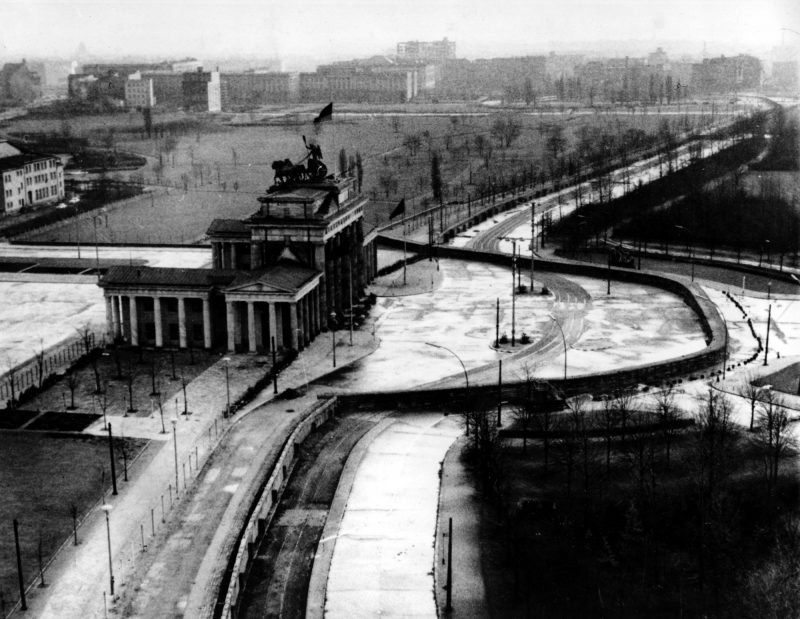
Source: History Channel
Today, a busy avenue runs where the wall once stood, and buildings populate the once-barren "death strip."
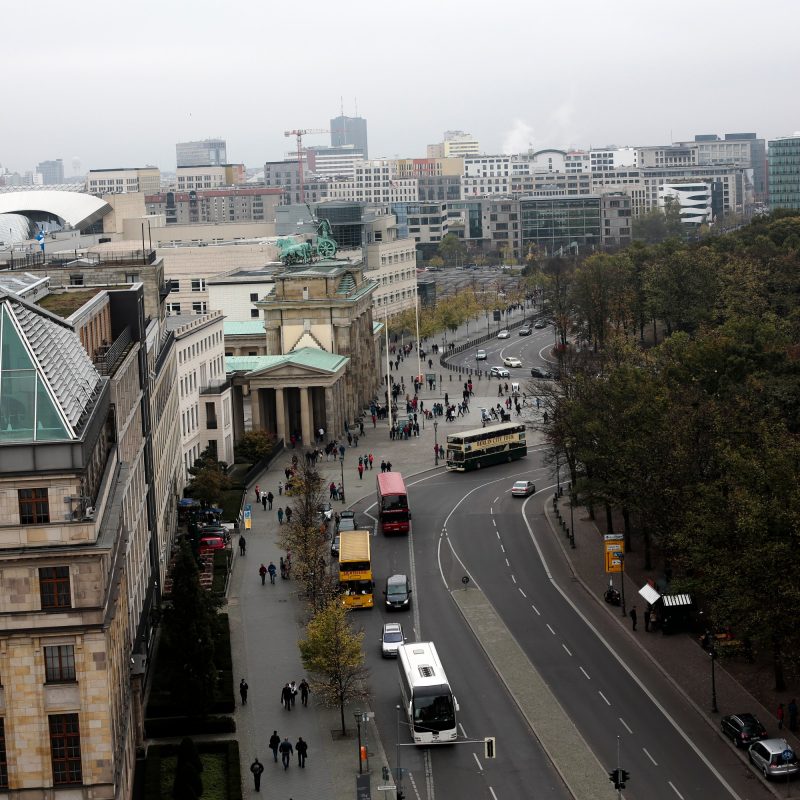
The wall once bisected many places that today are some of the busiest parts of the city. Here, the Berlin Wall can be seen next to the Potsdamer Platz traffic circle in 1962.

Today, Potsdamer Platz is a major business district.
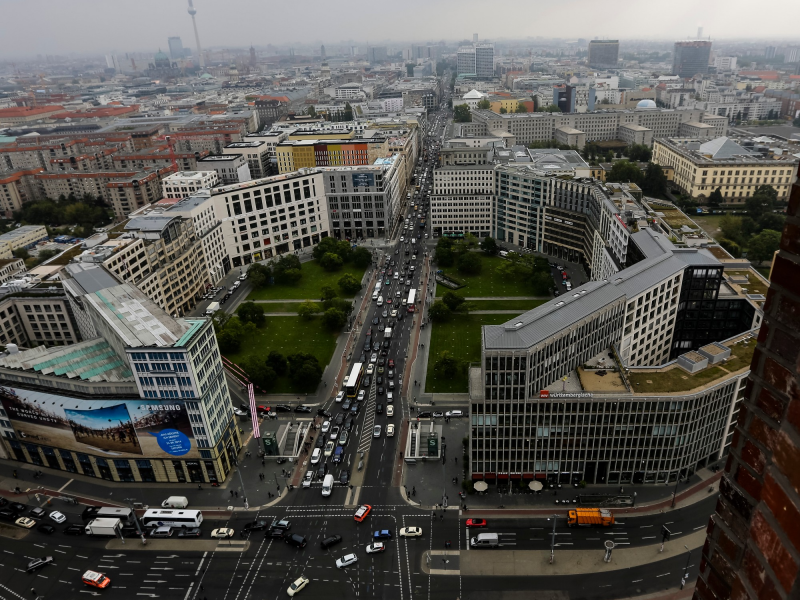
Despite its notoriety, the wall was relatively small in height. In most places, it was only about 11 feet tall, so people could clearly see buildings on the other side, as this 1981 picture of the Kreuzberg district shows.

Source: CNN
Here is the same area today. You can see the ornate orange buildings in the picture from 1981 on the right-hand side of this modern image.

While the wall dividing East and West Berlin was only 28 miles long, an additional 75 miles of wall encircled West Berlin, which was totally surrounded by East Germany. Here, the wall can be seen along Bernauer Strasse in 1973.
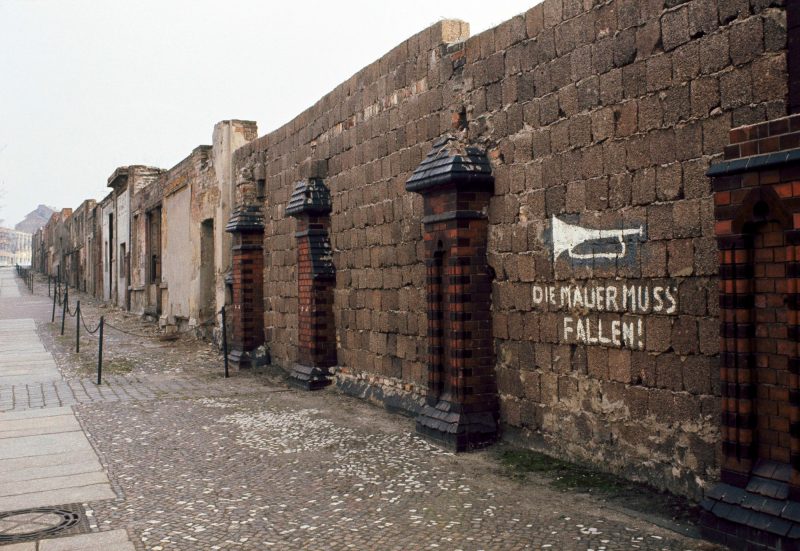
Source: Britannica
Today, this same stretch of road features a Berlin Wall memorial.
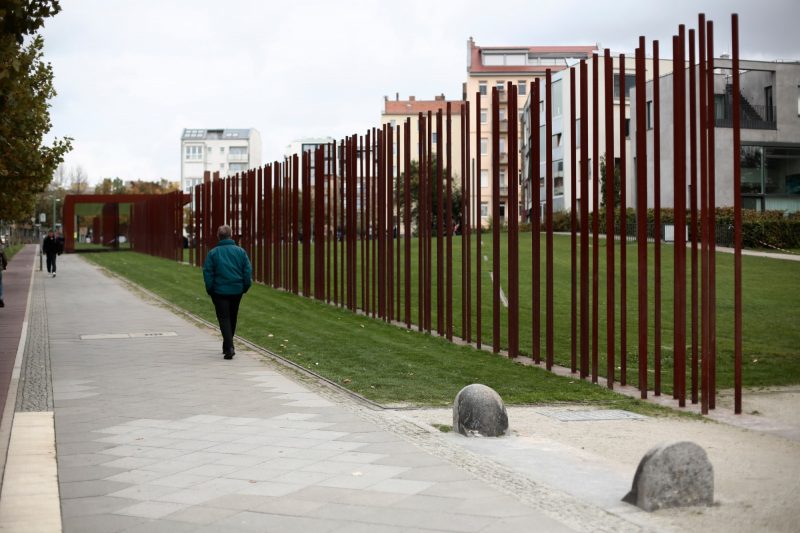
Source: AP
Another image of the rather nondescript wall along Bernauer Strasse shows fortifications and defensive equipment in the zone between the two parallel walls.

Today, Bernauer Strasse is a bustling street with trams running down its length.

With a busy thoroughfare like Bernauer Strasse running along the Berlin Wall, many people tried to cross. More than 100 people were killed trying to cross over the wall, but miraculously, over 5,000 made it over or under to freedom.

Source: History Channel
Today, a corner where the wall once stood could not appear more peaceful.

Several US presidents visited the wall, the last of whom was former President Ronald Reagan. Here, Nixon looks over the wall next to Checkpoint Heinrich-Heine-Strasse.
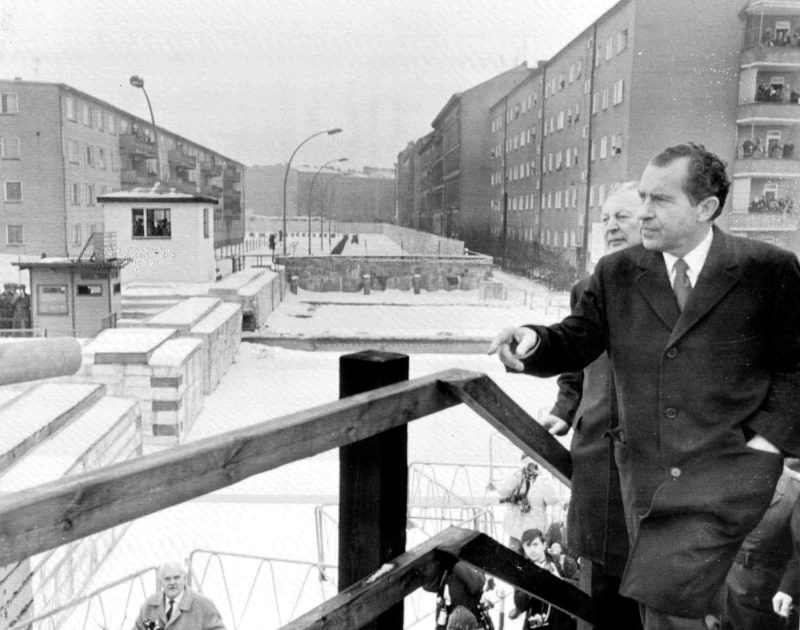
On June 12, 1987, Reagan gave his famous speech in front of the Brandenburg Gate in West Berlin, where he said "Mr. Gorbachev, tear down this wall!" It would be two more years until that happened.

Here's how the Brandenburg Gate looked in 2009.

Today, the same area is a residential neighborhood.

The wall along another part of Heinrich-Heine-Strasse was quite short, only a little taller than the children in this picture from 1968.

Today, the same area is almost unrecognizable, save for the buildings on the left in this picture.
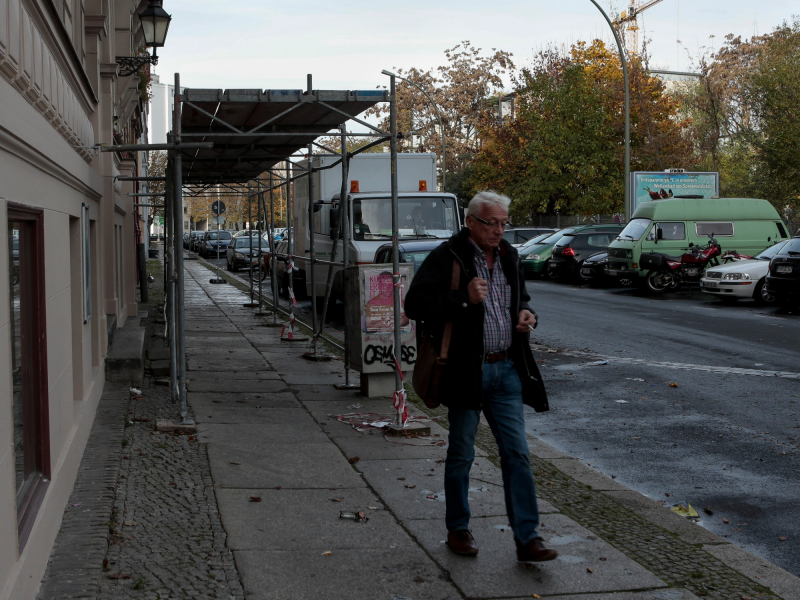
In July 1981, all you can see is walls. In November 2019, there are no walls to be seen.
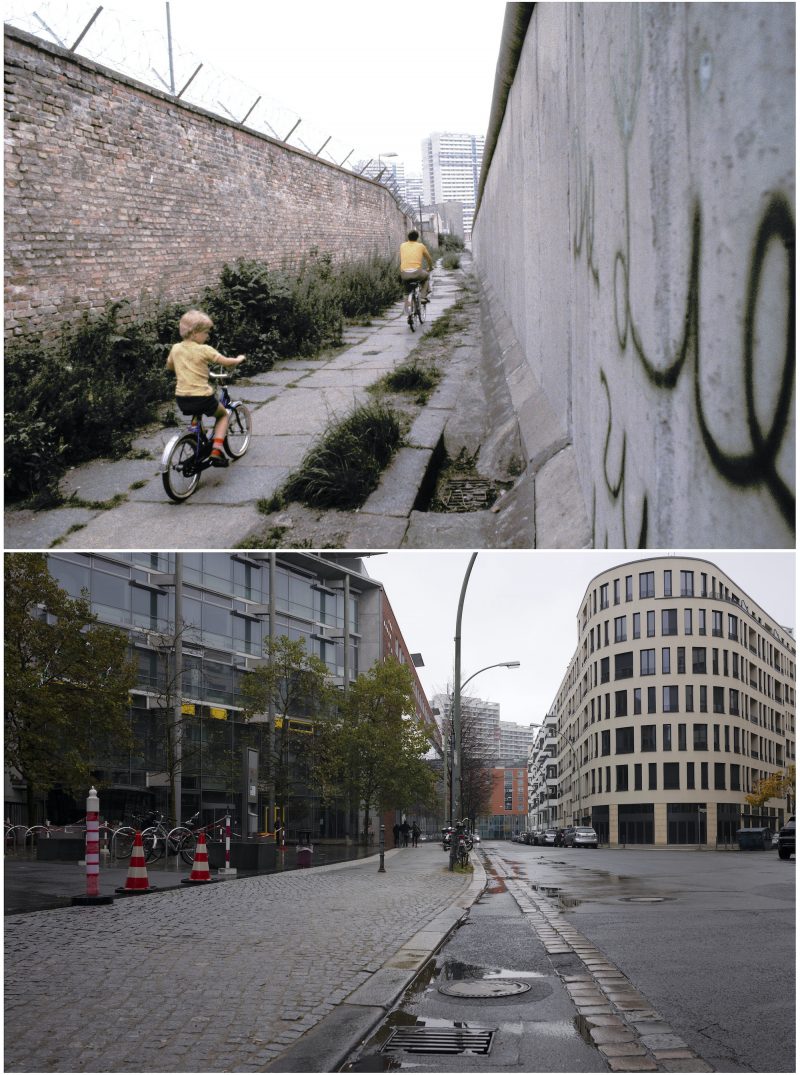
The first US president to visit the wall was former President John F. Kennedy. Here, he can be seen near the famous Checkpoint Charlie in central Berlin in 1963.
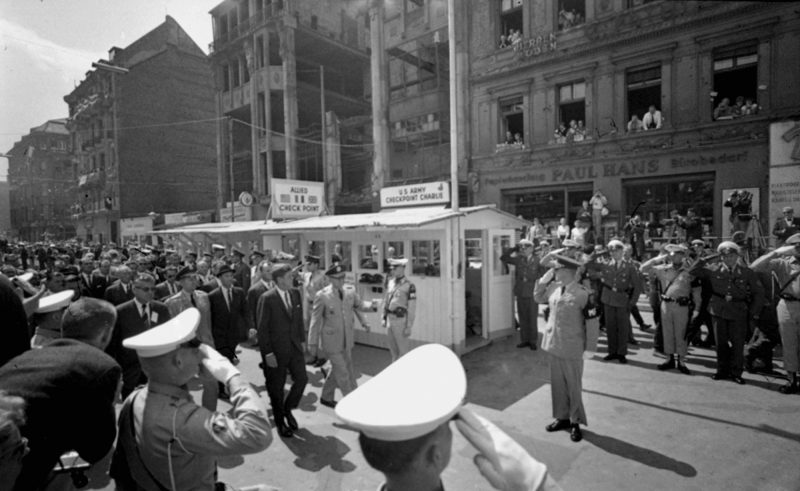
Today, Checkpoint Charlie still stands, but is a major tourist attraction. The former military checkpoint dividing the communist and capitalist worlds is flanked by a McDonald's and department stores.

When the wall finally fell in 1989, it actually happened by mistake. An East German Politburo officer prematurely lifted restrictions on travel between the two parts of Berlin.

Source: History Channel
But once the floodgates were opened, they could not be closed.

Today, the Berlin Wall still stands as a monument in some parts of the city. Thirty years after its fall, the wall serves as an ever-present reminder of Berlin's turbulent past, but also its triumphant recovery.

